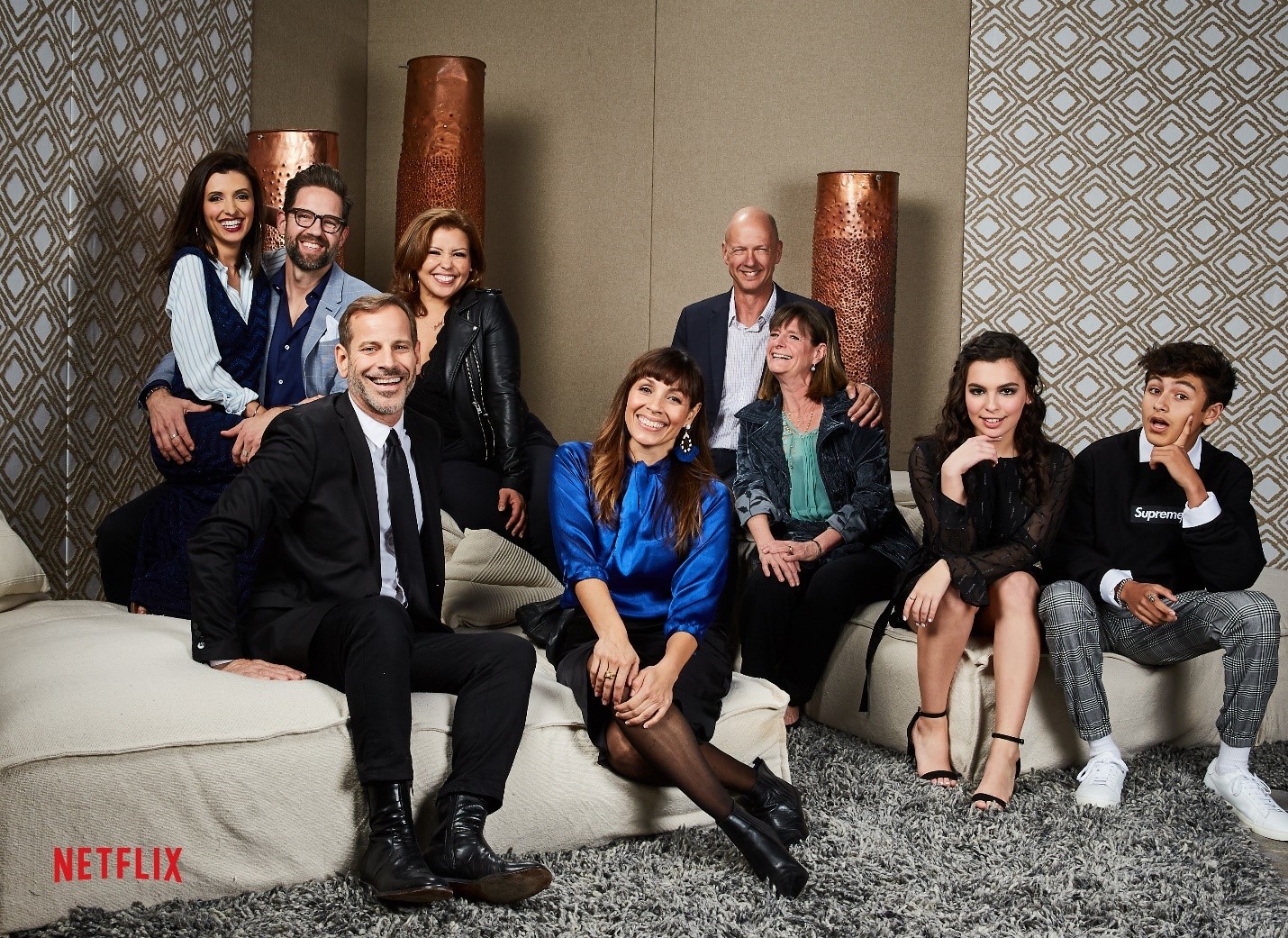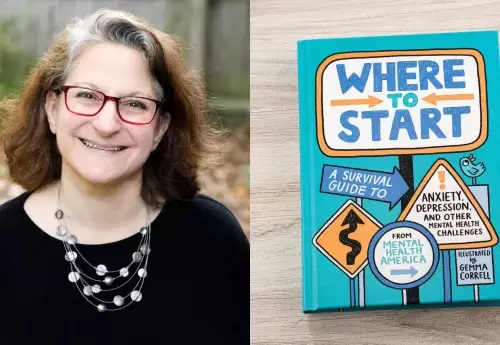
Photo courtesy of Netflix
At Mental Health America (MHA), we’ve explored the larger connection between media and mental health in the past - how some shows and movies can perpetuate the misinformation about mental illness, and how others are getting it right by talking about mental health and substance use in real and substantive ways. Most recently I’ve been thinking about television and the impact that this medium can have on conversations.
For example, with the most recent season of the Netflix show One Day At A Time (3rd season just dropped BTW), the connection between television and conversation can be groundbreaking. Especially if you consider how something that brings you laughter and joy can also help you learn about yourself and your family.
In the case of the Alvarez family and many Latinx families out there, there are many topics they take on that continue to be considered “taboo,” or off-limits off screen, including: discussions about depression, anxiety, PTSD, suicide, substance use, and gender identity. But the distinct difference between the Alvarez family and all of us, rests in the idea that the world created by the Alvarez family is a safe one.
Not every family is able to tackle these difficult topics in the way that the Alvarez family does, but the Alvarez family is showing the rest of us that it is possible. The show is slowly opening doors and opportunities for conversation that haven’t really been seen before on television, especially in a thoughtful and meaningful way within the Latinx communities.
Through the characters of Lydia, Penelope, Elena, Alex, Schneider and others, we see the differences that exist between generations, cultures, and schools of thought, like so many of the Latinx families that are part of our communities.
But what connects all of these differences and is evident in the show -- the foundation that creating a safe space for conversation is critical. Topics like mental health and mental illness, substance use, and gender identity need to be talked about. And the show tackles each of these issues with sensitivity and a hefty dose of reality.
It’s up to each one of us to create safe spaces where these conversations can occur. If One Day At A Time can help to open a door between you and a loved one who may not truly understand your experience, it’s definitely doing a great job.
If you feel you aren’t in a safe space to share, MHA can help you find others out there. There are many of us who are willing to listen and are here to help. Find support at www.mentalhealthamerica.net




